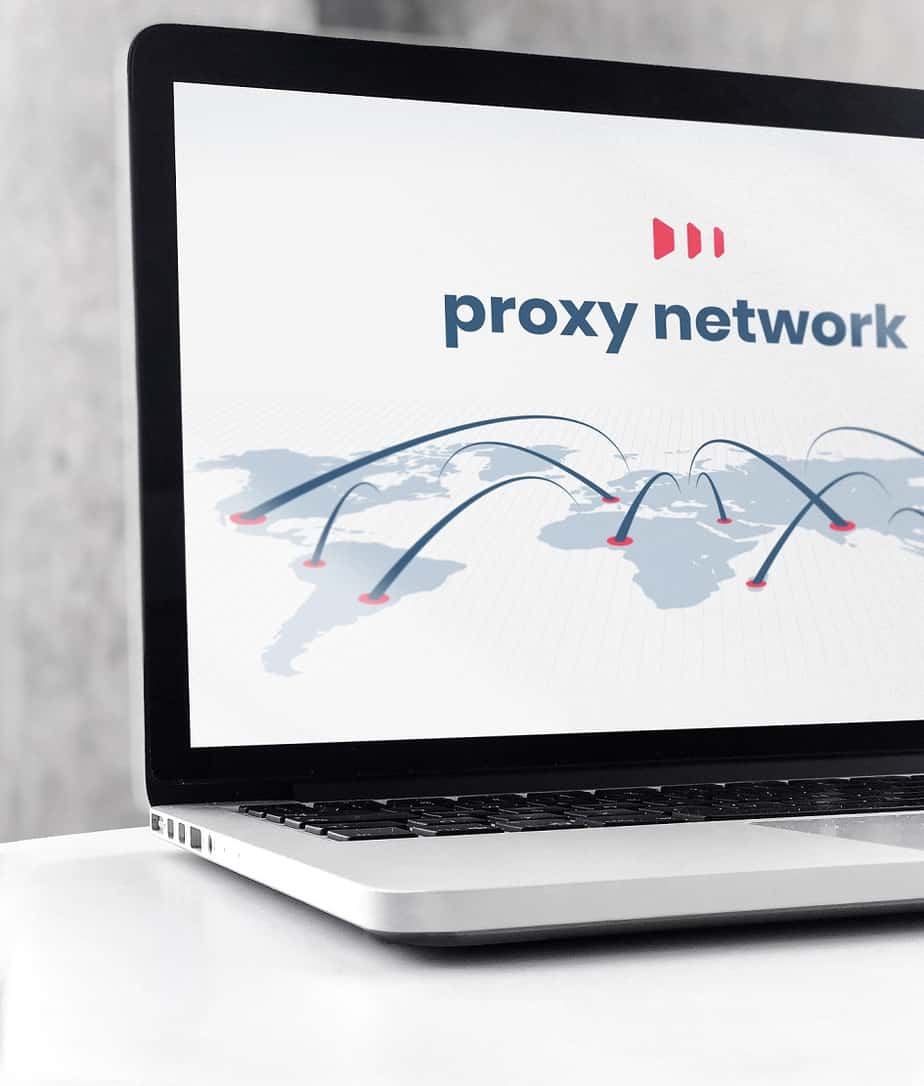
The internet is by far the most influential modern invention. Such an immense, dynamic and creation keeps connecting people all around the world and improving our lives. What started as a communication network for the U.S. Department of Defense has gradually transformed our physical world, interconnecting it with an ever changing digital reality.
Because the internet brings so many benefits into our lives, it is easy to neglect the slowly resurfacing problems. When we combine human laziness with love for convenience and push them to the extremes, sacrifices must be made. In our case, the big tech companies push for unregulated progress and disregard your privacy.
Internet privacy is a real problem that was never respected neither by businesses that benefited from the web nor the governmental agencies. Some companies track their client base through website cookies and applications to extract as much of your data as possible instead of solely focusing on product improvement. Social media websites are the beneficiaries that love to disregard our privacy and abuse information collection. Although you might see improvements to your favorite platform, a free website has to run ads, making user data collection the core of the business model.
Today we will discuss the methods and complementary tools to reduce tracking online. We’ll also touch on interactions with social media websites like Facebook can be anonymized and even improved with a Facebook proxy. Smartproxy is a great proxy server provider that can contribute to our goal of protecting your identity. Let’s take a deeper look at the ways to improve privacy online.
Use different browsers and search engines
Most internet users do not realize the scale of tracking done by websites and third parties, usually advertisers. The majority of visited pages will ask you to enable cookies, trying to create a fast browsing experience that is tailored for you and your browser. While it does make the browsing experience far more convenient, internet users grow increasingly uncomfortable about constant tracking.
A lot of websites today are buzzing with third-party trackers that monitor your every step to please advertisers and fuel their marketing campaigns. If you do not appreciate such distribution of your personal data, we recommend switching up your browsers and search engines. If you always use the same browser, a never-changing user-agent can still show your browsing tendencies. Change your browser or download a user-agent switcher to reduce tracking. When you visit social media websites like Facebook, you can combine your switcher with a Facebook proxy to maximize your anonymity online.
Some internet users give up their privacy by over-relying on the most popular search engines. While we can’t imagine our lives without their supreme convenience, we advise checking out safer alternatives that do not extract and share your search history with advertisers and other third parties.
Use residential proxies
Although internet privacy is a big concern for most web surfers, most companies cannot complete their tasks without anonymity. While businesses also have to endure third-party tracking, they are also the main targets of cyberattacks. Fortunately, we have adaptive tools like residential proxies that work on multiple levels.
If a company is concerned about a website traffic overload or a potential DDoS attack, a reverse proxy acts as a bouncer that helps us protect the internal servers and even do some heavy lifting for them. Most internal networks use encrypted communication channels to filter incoming requests and protect the company’s privacy. A setup of residential proxies increases the durability, security, and performance of your website.
While big tech companies keep collecting oceans of information to fuel further advancements, up-and-coming businesses invest in data aggregation to stay competitive in their market. If you can’t beat them – join them because there is no way to survive in a dynamic, digital business environment without the necessary knowledge.
Web scraping is a task that heavily relies on consistent online privacy. Businesses that aim to extract public data from their competitors have to remain anonymous to ensure uninterrupted collection. Fortunately, we can use rotating residential proxies from legitimate, business-oriented providers to protect our privacy and continue scraping on behalf of intermediary servers. Proxy servers let us maximize the efficiency of performed tasks. If an IP address gets blacklisted, use another one without compromising your privacy.
Companies that aim to create successful digital marketing campaigns need to build sufficient social media influence. For example, a Facebook proxy can help you manage multiple social media accounts or start a vigorous search for influencers for new partnership opportunities.
Online privacy is a growing concern that affects everyone. Most of the time our every step is being tracked to maximize convenience and create targeted ads, but it is only normalizing the advancement of inhumane technologies. Thankfully, we have the right tools to minimize tracking and protect our privacy online, so let’s keep fighting the good fight!




